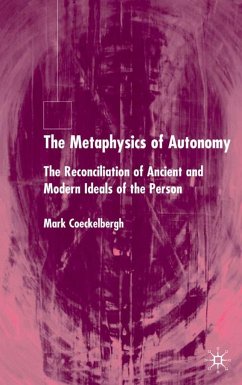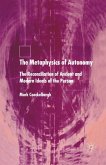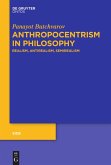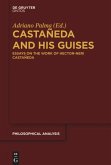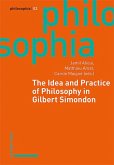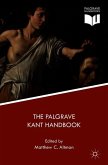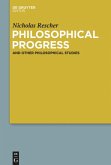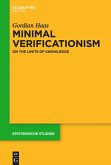If we want to be autonomous, what do we want? The author shows that contemporary value-neutral and metaphysically economical conceptions of autonomy, such as that of Harry Frankfurt, face a serious problem. Drawing on Plato, Augustine, and Kant, this book provides a sketch of how 'ancient' and 'modern' can be reconciled to solve it. But at what expense? It turns out that the dominant modern ideal of autonomy cannot do without a costly metaphysics if it is to be coherent.
Bitte wählen Sie Ihr Anliegen aus.
Rechnungen
Retourenschein anfordern
Bestellstatus
Storno

